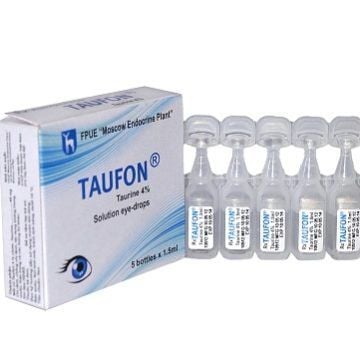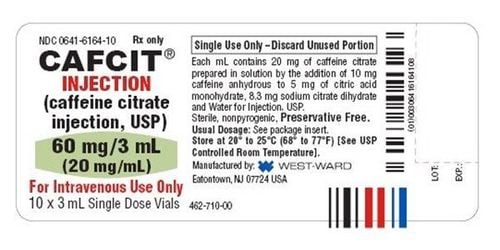This is an automatically translated article.
The article was professionally consulted with Master, Doctor Ngo Thi Oanh - Pediatrician - Department of Pediatrics - Neonatology - Vinmec Ha Long International General Hospital.In term neonates, taurine deficiency results in impaired fat absorption, bile acid secretion, retinal and liver function, all of which can be reversed by taurine supplementation in breast milk. Therefore, this small beta amino acid is indeed conditionally essential.
1. What is Taurine?
Taurine is an amino acid that helps babies absorb fats from the digestive tract and ensures the liver processes waste products efficiently. Taurine may also have important roles in protecting nerves from damage, especially in the eyes and ears. This review looks for evidence that adding taurine to the diets of preterm and low birth weight infants improves growth and development in infants. Nine small trials were found, but these did not provide any evidence that giving additional taurine improved outcomes.However, further trials of taurine supplementation are not likely to take place, as taurine in breast milk is naturally occurring and the current standard practice is to add taurine to formula and parenteral nutrition solutions. intravenous route to feed premature and low birth weight infants.
2. Importance of Taurine
The importance of taurine in the diets of term and full-term infants is not always well understood, so it is a topic of interest to students of infant nutrition. Recent evidence indicates that it should be considered one of the "conditionally essential" amino acids in infant nutrition. The plasma values for taurine are decreased if the infant is fed taurine-free or taurine-free formula in complete intravenous solution (TPN). Urine taurine values also decrease, which indicates that the kidneys are trying to conserve taurine.Low birth weight neonates, for various reasons related to the maturation of renal tubular transport, cannot maximize taurine conservation by enhanced renal reabsorption, and therefore are at risk of impaired taurine was higher than in preterm, full-term infants and older infants with dietary taurine. Taurine has an important role in fat absorption in term infants and in children with cystic fibrosis. Since taurine-conjugated bile acids are better fat emulsifiers than glycine-conjugated bile acids, diet (or TPN) has a direct effect on lipid absorption.

Taurine trong sữa mẹ là nguồn axit amin quan trọng cho sự phát triển khỏe mạnh của bé
3. What is the role of taurine in breast milk?
The addition of Taurine in formula c or TPN solution may help minimize differences in brain phospholipid fatty acid composition compared with breastfed infants.Taurine seems to play a role in infants, children and even adults who get most (> 75%) of their calories from TPN solutions in preventing retinal granulation as well as electrical brain changes. Taurine has also been reported to improve the maturation of auditory responses in term neonates, although this point has not been fully established.
Apparently, taurine is an important osmolyte in the brain and renal medulla. At these sites, it is a key player in cell volume regulation, in which brain or kidney cells swell and contract in response to changes in osmolality, but return to volume. preceded by taurine uptake and release. While there are few human clinical studies involving this volume-regulating response, studies in kidney cells of cats, rats, and dogs indicate a protective role for taurine in hyperosmolar stress.
Taurine is present in breast milk, so non-breastfeeding individuals may not respond to hyper or hyponatremic stress without major changes in neuronal volume.
In fact, taurine levels in the brain that are very high at birth and decrease in adulthood may be a protective or compensatory feature for kidney immaturity. Defining an amino acid as "conditionally essential" requires that a deficiency lead to clinical consequences or be reversible by supplementation. In term neonates, taurine deficiency results in impaired fat absorption, bile acid secretion, retinal and liver function, all of which can be reversed by taurine supplementation in human milk. Therefore, this small beta amino acid is indeed conditionally essential.
Please dial HOTLINE for more information or register for an appointment HERE. Download MyVinmec app to make appointments faster and to manage your bookings easily.













